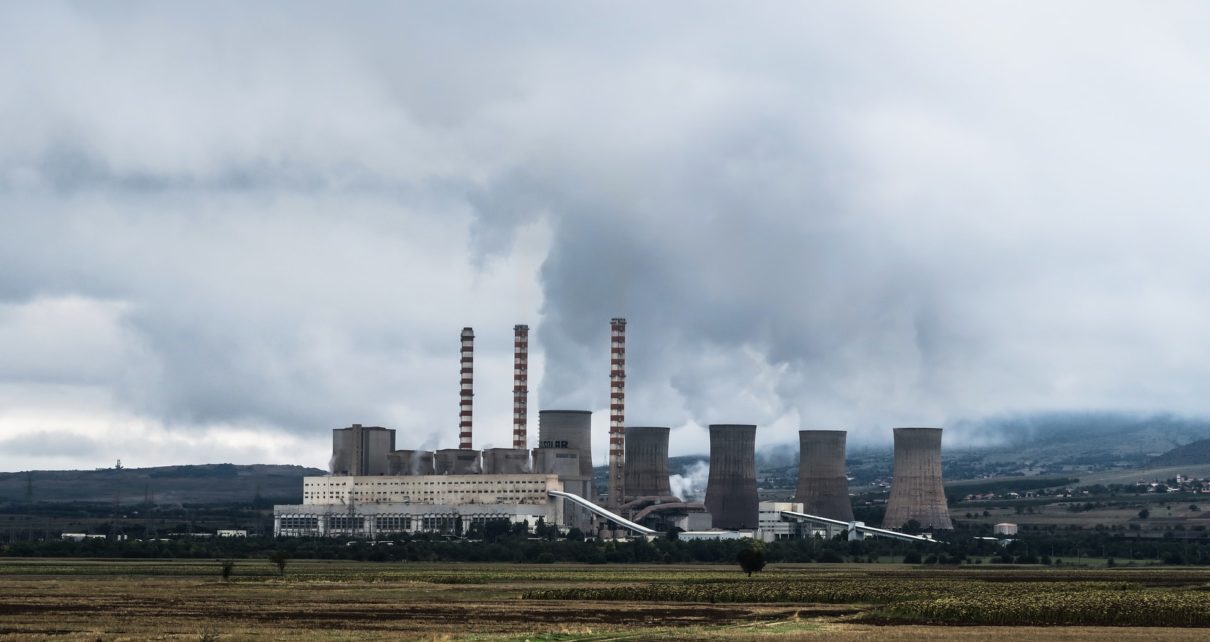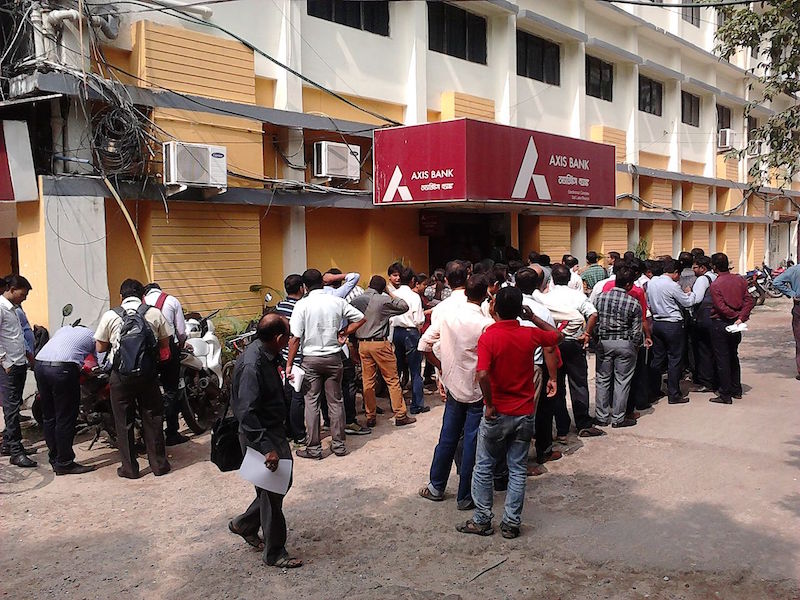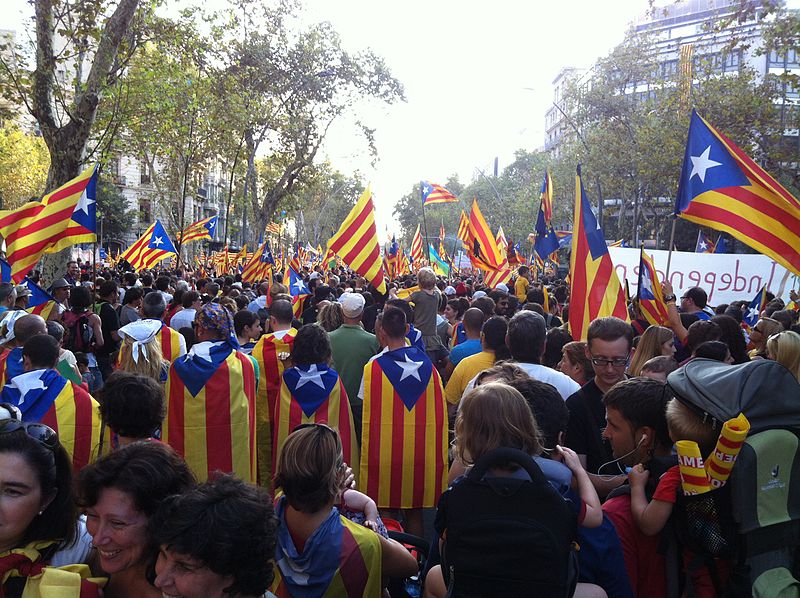Russia’s unprovoked invasion of Ukraine has resulted in a pivotal shift in the world order. The 2014 Russian annexation of Crimea now appears as a disregarded warning. Allowed to fester, it developed into an overt display of despotic militarism that now threatens not just the sovereignty of Ukraine but also the stability of other democratic societies across the world. Since Russia plays a significant role in energy markets and is a major global economy, its war of aggression against Ukraine poses a unique challenge to international financial markets. Needless, the economic sanctions imposed on Russia are already having ripple effects on most other economies, particularly in Europe.
On May 30–31 this year, the European Union agreed its sixth major package of sanctions. It imposed a ban on imports of Russian crude oil and petroleum products, with a temporary exception of some crude oil delivered by pipeline. Formally adopted a few days later, this package of sanctions also banned three Russian banks and one Belarusian bank from SWIFT transactions, suspended three Russian media broadcasting outlets in Europe, and sanctioned 65 more individuals responsible for atrocities in Bucha and Mariupol.
These sanctions were imposed in order to punish the Russian economy, but the knock-on shocks in energy markets were felt in Europe. In 2019, Europe imported 40 percent of its natural gas, more than one-quarter of its oil, and about half of its coal from Russia. In 2020 Europe purchased 138 million tons of Russian oil, representing over half of Russia’s total exports of 260 million tons. The EU was thus the largest purchaser of Russian crude oil. In 2022, even after the EU and its member-states denounced the war, they still sent US$450 million a day to Russia for oil and $400 million per day for natural gas.
Reversing this decades-old reliance on Russian oil will not be a simple matter for Europe. Hungary’s prime minster Victor Orbán, seeking to maintain some relative autonomy for his country’s diplomacy, has essentially aligned Hungarian policy on Ukraine with Russia. This status as European outlier has hindered unanimity required for an EU-wide boycott of Russian oil. Landlocked Slovakia and Czechia are likewise very highly dependent on Russian oil and have also declined to cut themselves off from it for at least a year.
Soaring energy prices have meanwhile amplified inflationary pressures, complicating the post-pandemic recovery. In the first quarter of 2022, short-term gas prices on the largest European exchange were five times higher than their 2021 average. The increase resulted not only from Russia’s war against Ukraine but also from longer-term trends, including carbon pricing and the post-pandemic surge in global demand. In energy-dependent industries, these price shocks are having an extraordinary impact on production costs. Companies in such sectors need an urgent action-plan to stabilize energy-price volatility in both the short and the long term. They need to follow new approaches to energy procurement, perhaps find alternative energy sources, focus more intently on energy efficiency and decarbonization, and explore other sources for oil imports in the Middle East and Africa.
The International Energy Agency (IEA) has provided Ten-Point Plan to the EU for reducing reliance on Russian supplies by over a third while supporting European Green Deal. “Nobody is under any illusions anymore,” said IEA Executive Director Fatih Birol; “Russia’s use of its natural gas resources as an economic and political weapon shows Europe needs to act quickly to be ready to face considerable uncertainty over Russian gas supplies next winter”. The key actions recommended in the IEA’s Ten-Point Plan include: not signing any new gas contracts with Russia; maximizing gas supplies from other sources; accelerating the deployment renewable energy technologies such as solar and wind; making the most of existing low-emissions energy sources, including nuclear; and ramping up energy efficiency measures in homes and businesses.
As the EU continues to grapple with the current energy crisis and looks for sustainable solutions to also support its decarbonization trajectory, strengthening international collaboration with each other whilst maintaining solidarity is of utmost importance now. Clear communication between governments, industry and consumers is also an essential element for successful implementation of any coping strategies.
A new, emerging source of energy that may result in fruitful prospects for Europe’s future is the “High North”, a region in Norway north of the Arctic Circle. According to the US Geological Society, a fifth of the world’s undiscovered oil and gas resources may be in the Arctic. This region nearby to Europe could answer the EU’s future energy needs; however, as one of the world’s largest fishing areas, it raises sensitive environmental issues. Extracting its bountiful energy resources would require striking a balance with conservation and sustainable use.
European countries could also diversify their energy sources by using more liquefied natural gas (LNG), a hydrocarbon fuel with comparatively low carbon-dioxide emissions. Its consumption has the potential to reduce carbon footprints in coming decades. Large quantitites of LNG imports from the United States to Europe are already mitigating the present energy crisis. Other LNG-exporters on which the EU could draw include Qatar, Nigeria, and Algeria.
Energy security begins at home, in long term EU could create an internal network of reserves and interconnecting pipelines in order to be able to help member states suffering from scarcity of energy supply. To develop such an integrated European market and network, the EU must improve its trade fluidity and abolish barriers and be able to compromise and compete on price. By creating such an infrastructure, the EU will not only secure its energy resources but also collaboratively be in a position to restrict any third-party buyers from access, should they choose to disrespect the rules of this internal market.
Energy policies towards potential transit states such as Georgia need also to be revisited. Given the current tensions with Russia, the EU relies on Georgia now more than ever. Two major pipelines, one for gas and one for oil, are routed through Georgia. However, as the IEA Energy Policy Review states, in Georgia’s gas sector the current market structure and legal framework contradict the acquis of the Energy Community, a set of rules to which Georgia signed up half a decade ago. The monopolistic role of the Georgian Oil and Gas Corporation (GOGC), which has long captured the relevant government ministry, makes proper regulation and true competition impossible.
The concerns that this situation raises for energy security are clear. Non-transparent governmental agreements with the two suppliers—Azerbaijan’s SOCAR and the Russian Federation’s Gazprom Export—along with the absence of a market-competition give GOGC and its associated companies considerable market leverage. Simply put, monopolistic suppliers in Georgia supply gas at unregulated prices enabling them to eliminate potential competitors. The EU must now tread carefully, should Georgia be considered as a potential supplier (or, actually, transit country) for oil.
Reducing the EU’s reliance on Russian oil and gas will not be simple. It will require a concentrated and sustained policy effort across multiple economic sectors, alongside international dialogue on energy security. The energy price shock is the latest test for the resilience of Europe’s economy as well as its unity; yet also, it could be the catalyst for longer-term action that helps them pull ahead in the race to a net-zero world while bolstering short-term capabilities to cope with the crisis.
Photo: facility in a foggy environment by Jason Blackeye via Unsplash
Disclaimer: Any views or opinions expressed in articles are solely those of the authors and do not necessarily represent the views of the NATO Association of Canada.
Need hyperlink for this.




